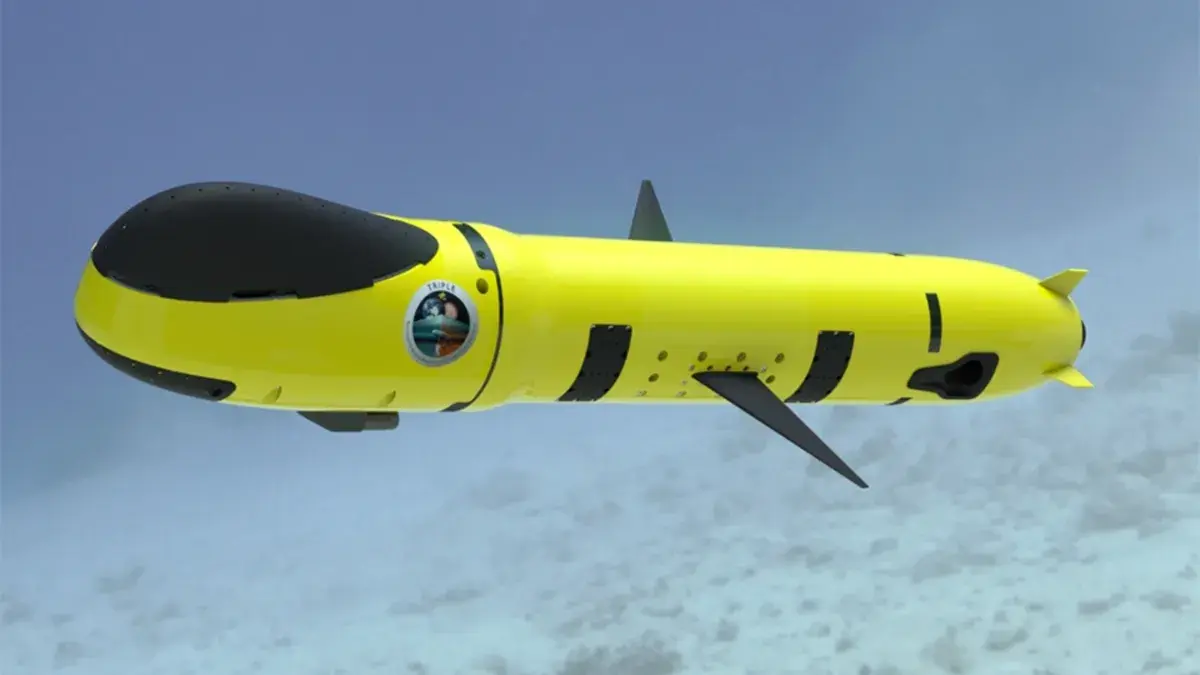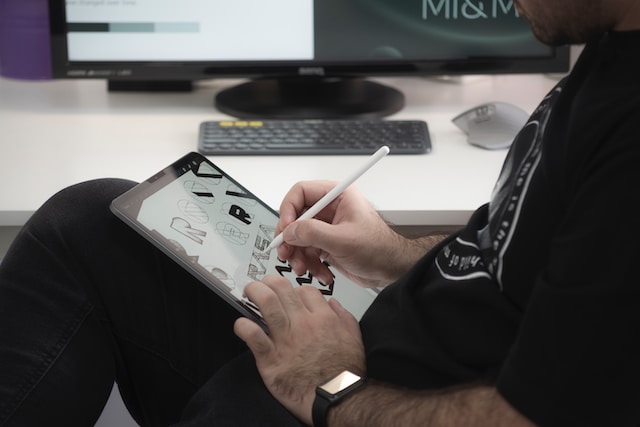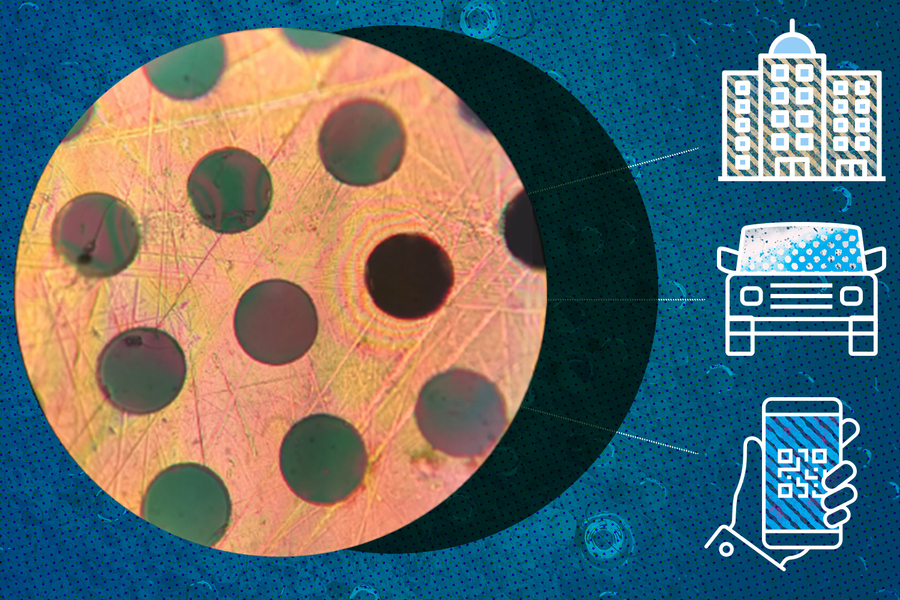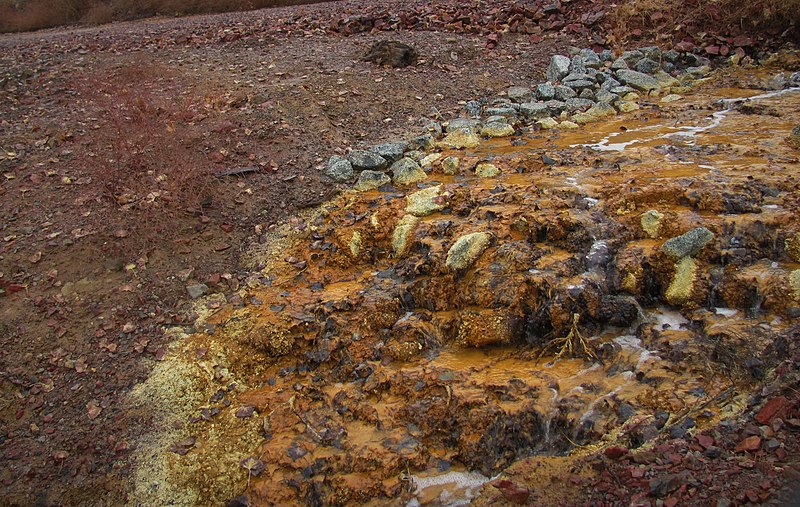Breakthrough in Plastic Recycling
Researchers led by Takuzo Aida at the RIKEN Center have developed a groundbreaking plastic that is as durable as traditional plastics but biodegradable in seawater. This innovation could help reduce microplastic pollution in oceans and the food chain. Current biodegradable plastics often fail to degrade in marine environments, allowing harmful microplastics to persist. The findings were published in Science on November 22.
The Challenge of Ocean Plastics
While recyclable plastics do exist, a major issue arises when they enter the ocean, as they do not decompose in water. Some plastics can take over 500 years to break down completely.
To address this, scientists at Japan’s RIKEN Research Institute focused on creating a plastic that retains strength but can fully degrade in environments like soil and seawater, leaving no microplastics behind.
The new plastic has a wide range of applications, including durable, scratch-resistant materials and flexible, silicone-like options. It is also ideal for creating ocean-degradable plastics for medical and 3D printing uses.
Promising Recycling and Biodegradation Results
Recycling tests yielded promising outcomes, recovering 91% of hexametaphosphate as well as 82% of guanidinium from dissolved plastics. Biodegradation trials showed that the plastic sheets broke down in soil within 10 days, enriching the soil with beneficial phosphorus and nitrogen nutrients.
Takuzo Aida, who led the study, said: “With this new material, we have created a new family of plastics that are strong, stable, recyclable, can serve multiple functions, and, importantly, do not generate microplastics.”







